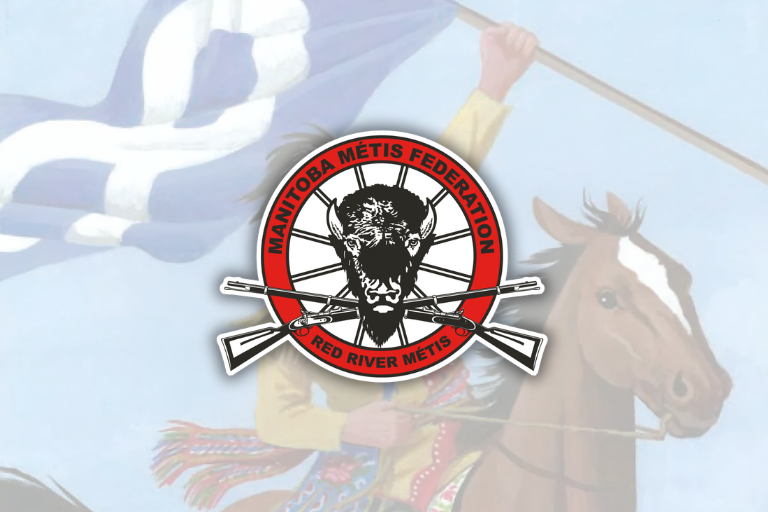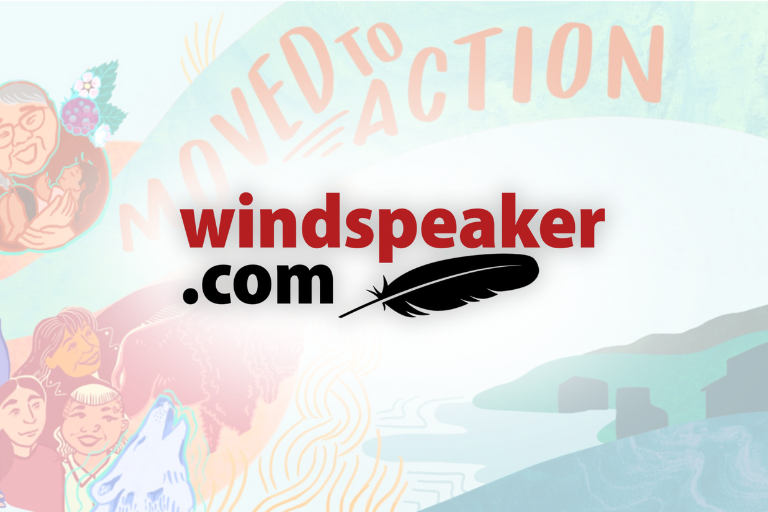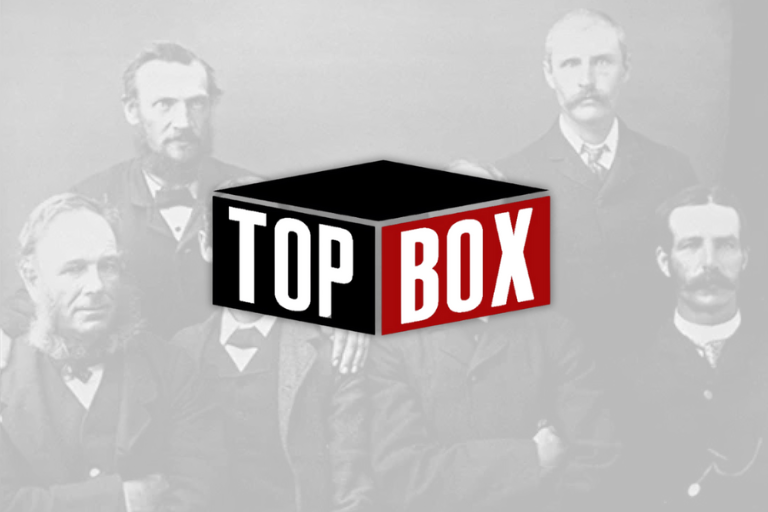Online Indigenous Awareness Training
Engagement and Consultation
Policy
Development





Welcome!
Hello / Taanishi and welcome to L’ikol: Indigenous Training and Engagement, your trusted partner in Indigenous education and strategy. At L’ikol, our experts provide you with the knowledge and tools needed to advance reconciliation, and build meaningful relationships with Indigenous peoples in Canada.
Who We Have Worked With...


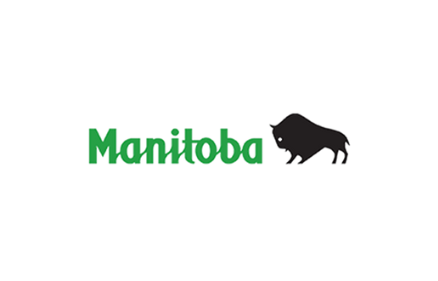



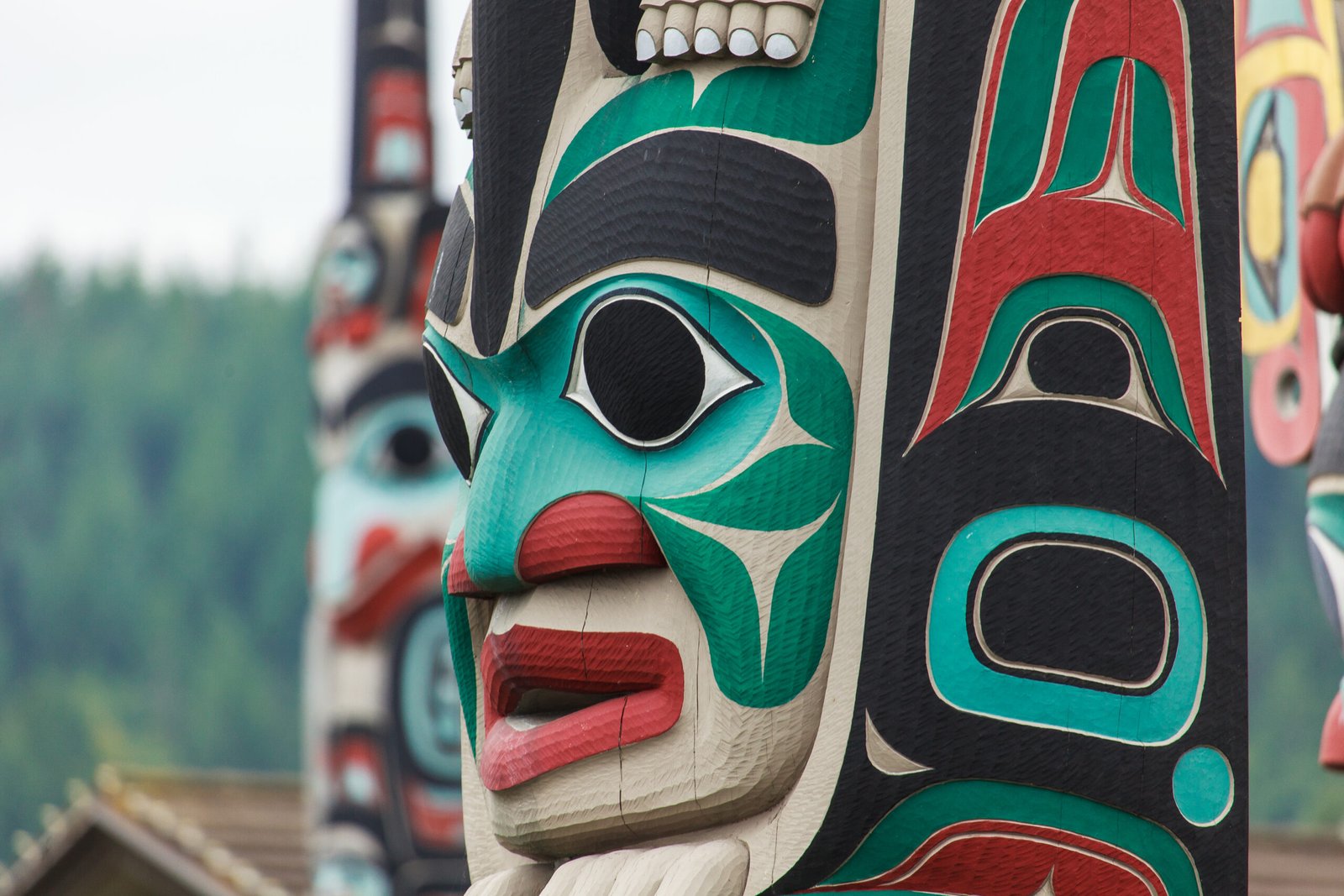
L'IKOL IS...
Founded by...
Indigenous Elders, historians, and policy-makers with deep roots in knowledge and leadership.
Partnered with...
Indigenous academics, educators and creatives to deliver culturally appropriate and cutting-edge services.
100% Indigenous owned…
Grounded in sovereignty, self-determination, and cultural integrity.
A social enterprise delivering...
Nation-specific programs rooted in culture, tradition, and community values.
We Provide Training & Advisory Services For...
GovernmentAll Levels of Government
All Levels of Government
BusinessCorporations/Enterprises
Corporations/Enterprises
InstitutionsPublic/Private Institutions
Public/Private Institutions
NationsIndigenous Nations
Indigenous Nations


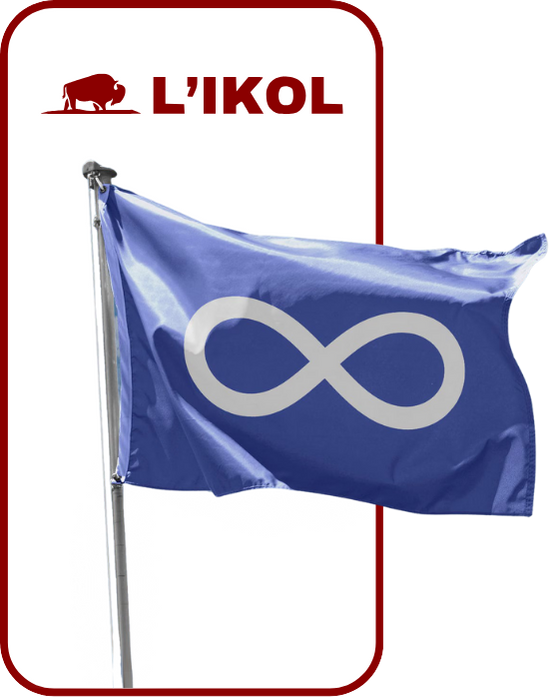

What Does L'ikol Mean?
“L’ikol” is a Michif word for ‘school’ or ‘learning place’
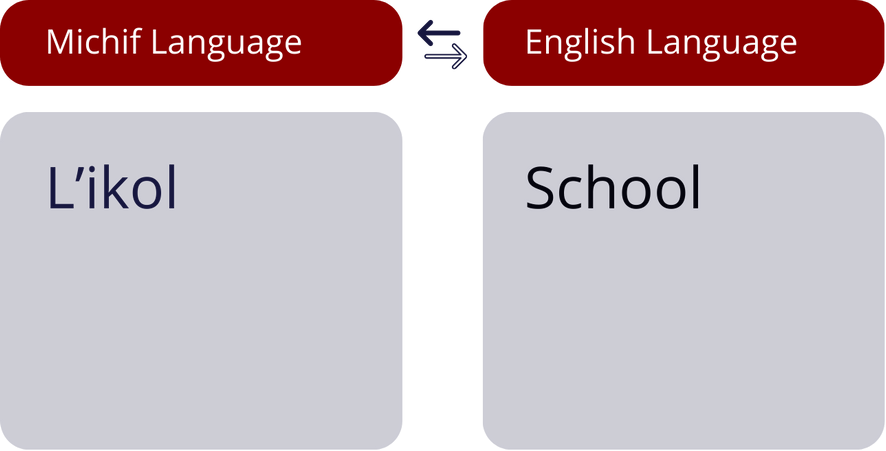

Stories About Our Team
5 Red River Métis authors to read for I Love to Read Month
"Born in Selkirk in 1955, Red River Métis writer Grant Anderson has written children's"...
- Manitoba Métis Federation
Report from association provides road map to decolonizing museums
"Anderson was born in Selkirk, Man., and is a member of the Red River"...
- WindSpeaker.com
Louis Riel’s Ghost – Bloodlines: Descendants of infamous historical figures
"At the height of the Metis uprising in Saskatchewan in 1870, its leader Louis"...
- TOP BOX TV
The Truth and Reconciliation Commission of Canada
states the following Calls to Action regarding Indigenous Training...
The Truth and Reconciliation Commission of Canada
states the following Calls to Action regarding Indigenous Training...
Government
57. We call upon federal, provincial, territorial, and municipal governments to provide education to public servants on the history of Aboriginal peoples, including the history and legacy of residential schools, the United Nations Declaration on the Rights of Indigenous Peoples, Treaties and Aboriginal rights, Indigenous law, and Aboriginal–Crown relations.
This will require skills based training in intercultural competency, conflict resolution, human rights, and anti-racism.
Education
62. We call upon federal, provincial, territorial, and municipal governments in consultation and collaboration with Survivors, Aboriginal peoples, and educators, to:
i. Make age-appropriate curriculum on residential schools, Treaties, and Aboriginal peoples’ historical and contemporary contributions to Canada a mandatory education requirement for Kindergarten to Grade Twelve students.
ii. Provide the necessary funding to post-secondary institutions to educate teachers on how to integrate Indigenous knowledge and teaching methods into classrooms.
iii. Provide the necessary funding to Aboriginal schools to utilize Indigenous knowledge and teaching methods in classrooms
Business
92. We call upon the corporate sector in Canada to adopt the United Nations Declaration on the Rights of Indigenous Peoples as a reconciliation framework and to apply its principles, norms, and standards to corporate policy and core operational activities involving Indigenous peoples and their lands and resources. This would include, but not be limited to, the following:
iii. Provide education for management and staff on the history of Aboriginal peoples, including the history and legacy of residential schools, the United Nations Declaration on the Rights of Indigenous Peoples, Treaties and Aboriginal rights, Indigenous law, and Aboriginal–Crown relations. This will require skills based training in intercultural competency, conflict resolution, human rights, and anti-racism.

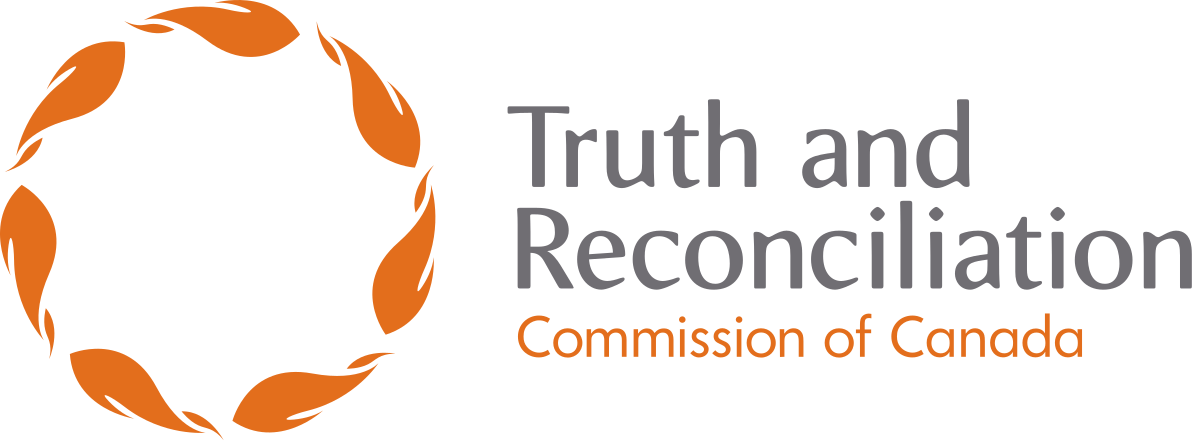




The Truth and Reconciliation Commission of Canada
states the following Calls to Action regarding Indigenous Training...
The Truth and Reconciliation Commission of Canada
states the following Calls to Action regarding Indigenous Training...
Government
57. We call upon federal, provincial, territorial, and municipal governments to provide education to public servants on the history of Aboriginal peoples, including the history and legacy of residential schools, the United Nations Declaration on the Rights of Indigenous Peoples, Treaties and Aboriginal rights, Indigenous law, and Aboriginal–Crown relations.
This will require skills based training in intercultural competency, conflict resolution, human rights, and anti-racism.
Education
62. We call upon federal, provincial, territorial, and municipal governments in consultation and collaboration with Survivors, Aboriginal peoples, and educators, to:
i. Make age-appropriate curriculum on residential schools, Treaties, and Aboriginal peoples’ historical and contemporary contributions to Canada a mandatory education requirement for Kindergarten to Grade Twelve students.
ii. Provide the necessary funding to post-secondary institutions to educate teachers on how to integrate Indigenous knowledge and teaching methods into classrooms.
iii. Provide the necessary funding to Aboriginal schools to utilize Indigenous knowledge and teaching methods in classrooms
Business
92. We call upon the corporate sector in Canada to adopt the United Nations Declaration on the Rights of Indigenous Peoples as a reconciliation framework and to apply its principles, norms, and standards to corporate policy and core operational activities involving Indigenous peoples and their lands and resources. This would include, but not be limited to, the following:
iii. Provide education for management and staff on the history of Aboriginal peoples, including the history and legacy of residential schools, the United Nations Declaration on the Rights of Indigenous Peoples, Treaties and Aboriginal rights, Indigenous law, and Aboriginal–Crown relations. This will require skills based training in intercultural competency, conflict resolution, human rights, and anti-racism.






Distinctions Based Approach
- Our Goal
- Our Offerings
- Our Approach
Much of today’s literature, training, and curriculum fails to reflect this diversity. At L’ikol, our training and services challenge this narrative by taking a distinctions-based, community-centered approach that honours the unique identities, traditions, and values of each Nation.


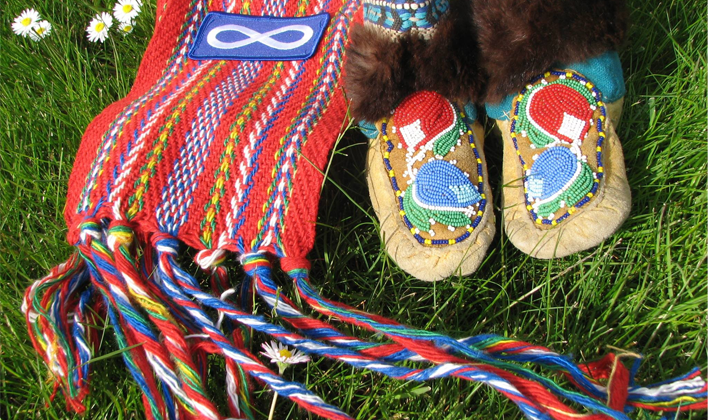







www.peru-caribou-715617.hostingersite.com/swank

Proudly Partnered With
Swank Business Solutions

L’ikol is proudly partnered with Swank Business Solutions to deliver innovative digital education. Swank Business Solutions is a cutting-edge Indigenous-owned Technology company based out of Winnipeg, Manitoba.


